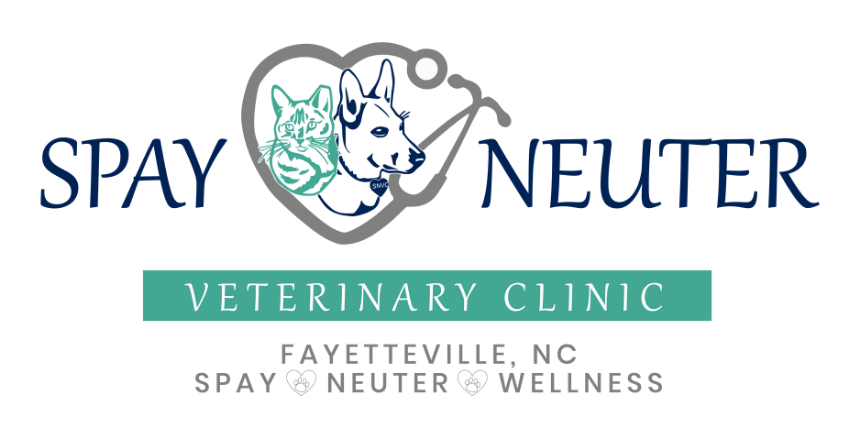Helping Your Pet Heal After Surgery
Pets may become ill or suffer from injuries that require surgical procedures to improve their health and wellness. These procedures may range from routine spaying and neutering to more severe surgeries like tumor removal and fracture repair. While the surgical procedure itself is crucial, it is not the only critical aspect of your pet’s health and wellness. Post-surgical care is equally vital to ensure your pet heals adequately and resumes their everyday life. In this blog post, we will discuss the importance of post-surgery care for pets and provide a comprehensive guide on how pet owners can assist their furry companions during the recovery period.
Follow Your Vet’s Post-Surgical Instructions – Your vet will give you specific instructions about your pet’s post-surgical care. They will advise you on when to bring your pet back to the clinic for checkups, what medications to give your pet, and how frequently to administer them. Additionally, your vet may recommend dietary or lifestyle changes that aid in your pet’s recovery. Since every procedure is unique and different, it is essential to follow your veterinarian’s recommendations to the letter to ensure an efficient healing process.
Manage Pain and Discomfort – Pain management is crucial to your pet’s recovery process. Discuss with your vet the appropriate pain medications and doses to alleviate your pet’s pain. Keeping your pet comfortable is vital, and in some cases, your pet may need to be confined to a comfortable space to limit their activity. Keeping the surgical area clean and monitoring your pet’s incision are also essential.
Feeding Your Pet – During your pet’s recovery period, it may be tempting to spoil them with tasty treats. However, overfeeding can lead to weight gain, which strains your pet’s already weakened body. Your doctor may recommend a specific diet or limit your pet’s food intake during the recovery period. It is also essential to keep your pet hydrated, as hydration is vital to any healing process.
Encourage Healing – Engage your pet in activities that aid in the healing process, such as controlled physical therapy, gentle massages, and walking routines. These activities help increase blood flow, strength, and mobility. However, ensure you get the green light from your veterinarian before starting any activity with your pet.
Provide Emotional Support – The recovery period can be quite challenging for your pet. Ensure they receive their daily dose of love and support. The discomfort, worry, and loss of mobility can be overwhelming for your pet. Consider constricting your pet’s movement by using a harness instead of a collar. Consider offering interactive toys or playing gentle music to help soothe your pet and alleviate stress.
Ensuring your pet recovers fully and quickly after a surgical procedure is integral to their overall well-being. As a responsible pet owner, take the necessary measures to support your pet’s recovery process by following the veterinarian’s post-operative instructions, managing pain and discomfort, feeding your pet appropriately, encouraging healing, and, most importantly, providing emotional support. Any surgery can be both physically and emotionally exhausting for any pet, so ensure that your pet receives adequate support for as long as required. Your furry companion may require patience, care, and attention during their recovery, but watching them heal and regain their mobility and confidence is priceless. Contact your veterinarian with any post-surgical care questions.

